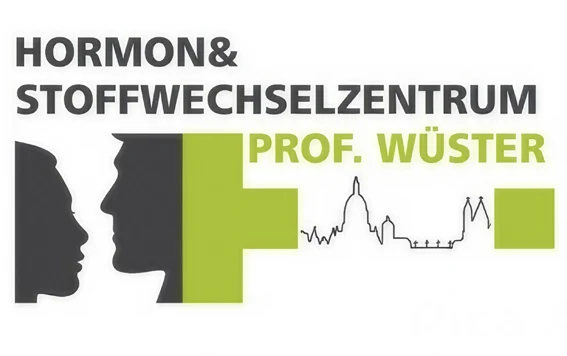Endocrinologist for the Koblenz region on the desire to have children and the pituitary gland
Diseases of the pituitary gland can affect fertility – specialist for Koblenz explains
KOBLENZ. diseases of the pituitary gland can have a detrimental effect on the desire to have children. Prof. Dr med. Dr h.c. Christian Wüster is an endocrinologist in Mainz, where he heads the Hormone and Metabolism Centre. Patients from the Koblenz region also come to his practice for treatment. He knows that diseases of the pituitary gland are not always easy to diagnose. However, if a desired pregnancy does not occur and other symptoms are added, the specialist advises an endocrinological examination.
Specialist for the Koblenz region: Unfulfilled desire to have children due to diseases of the pituitary gland
The pituitary gland is a very small organ at the bottom of the human brain. Because it attaches to the brain like a drop, it is also known as the pituitary gland. At the level of the root of the nose, the pituitary gland is surrounded by a bone hollow. Its function affects the metabolism: The pituitary gland plays an important role in hormone metabolism. It supplies the body with vital messenger substances. It is therefore no wonder that changes to the pituitary gland, which can occur in the form of benign pituitary adenomas, for example, can sometimes have a massive impact on bodily functions.
This also includes fertility. Certain symptoms, such as a lack of menstruation, slight milk leakage from the breast, medically known as galactorrhoea, can be an indication of hyperprolactinaemia as a result of a pituitary adenoma.
If pregnancy fails to materialise, examine the pituitary gland if necessary, advises endocrinologist for the Koblenz region
‘Microprolactinomas are about one centimetre in size and do not cause any local symptoms. However, they can have a negative impact on the desire to have children. They can usually be treated with medication. So-called dopamine agonists are used for this. Even if an adenoma in the pituitary gland has to be treated surgically, this medication is administered at the same time,’ explains Prof Wüster. With the right drug treatment, pregnancy can occur despite a pituitary adenoma in the form of a microprolactinoma,’ says the experienced endocrinologist from Mainz.

